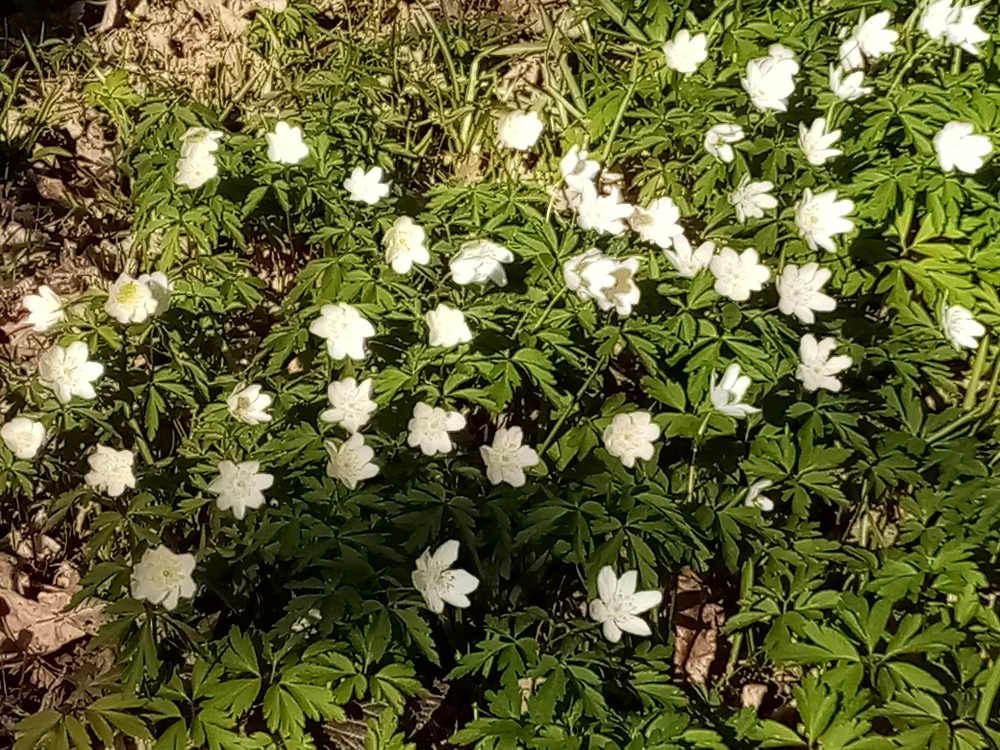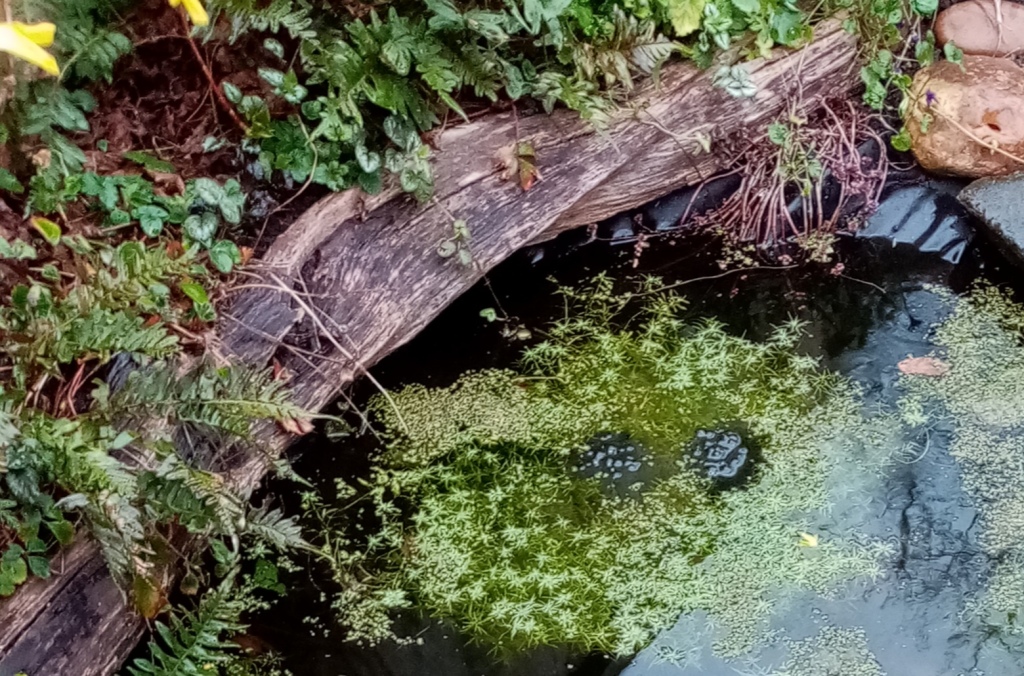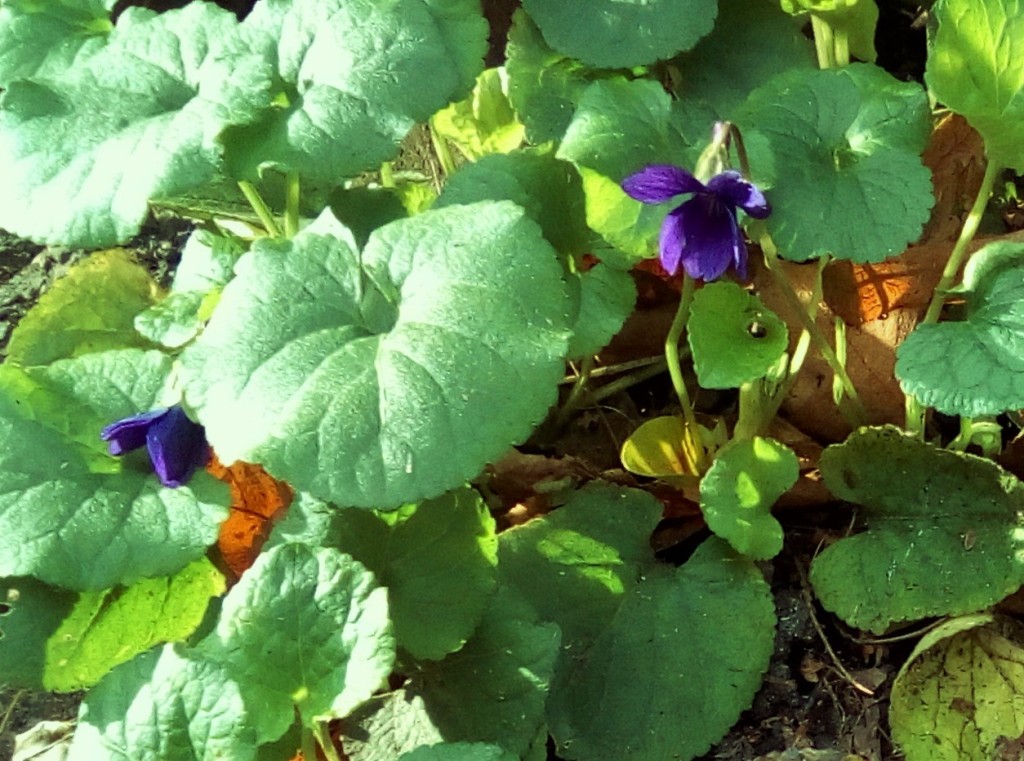
We like to share some of what we see, hear and smell as we go out and about. We hope readers continue to enjoy these snippets. However, there is a bigger picture; scientific observations that describe what is happening, and point to what we should be doing to improve matters for our interconnected earthly home. This information is not always easy to find and can be expensive, even on-line. Here is an initiative that should help make research findings more accessible.
The Laudato Si’ Research Institute at Campion Hall, Oxford (LSRI) and Knowledge Unlatched (KU) have joined forces to make 11 titles from the field of Integral Ecology Open Access (OA) – freely accessible.
In his encyclical Laudato Si’, Pope Francis emphasized the importance of a united, global response to the current ecological crisis. Dialogue and learning on integral ecology, however, is often hindered by limited access to the academic publications on the subject, which are not affordable for many individuals and institutions in lower-income countries. The Laudato Si’ Integral Ecology Collection was developed to address this problem by making OA a selection of key texts on integral ecology. The collection will provide a valuable resource for lay readers, students, and those undertaking more advanced academic study. Publications in the collection could also be read as part of a reading group or an online course.
The titles will be made available OA to users all over the world after the official launch of the Collection on Thursday, 3 March, 2022. The books will be hosted in a special module on the Open Research Library.
“I am thrilled to be launching this pioneering OA library of books on integral ecology, which will reach people globally, whether one is a university student in the Philippines, a layperson engaged in environmental action in the UK, or a college teacher in Kenya,” said Séverine Deneulin, Director of International Development at LSRI, adding: “We hope that the Laudato Si’ Integral Ecology Collection will not only contribute to narrowing the knowledge gap between different regions of the world but also equip people globally to better respond to the cries of the earth and of the poor.”
“We are delighted to work with the LSRI team on making this collection of important content freely available thanks to the KU Reverse model,” said Philipp Hess, KU’s Manager of Publisher Relations. “We are also very grateful to the co-funding institutions that have helped to make this possible.”
LINKS
Read more about the collection here: https://lsri.campion.ox.ac.uk/events/launch-laudato-si-integral-ecology-collection
Laudato Si’ Research Institute – https://lsri.campion.ox.ac.uk/








